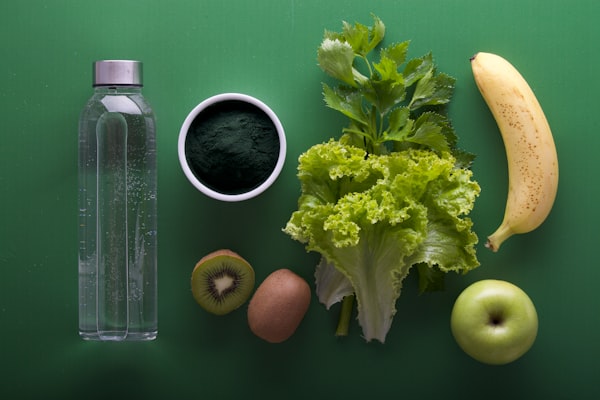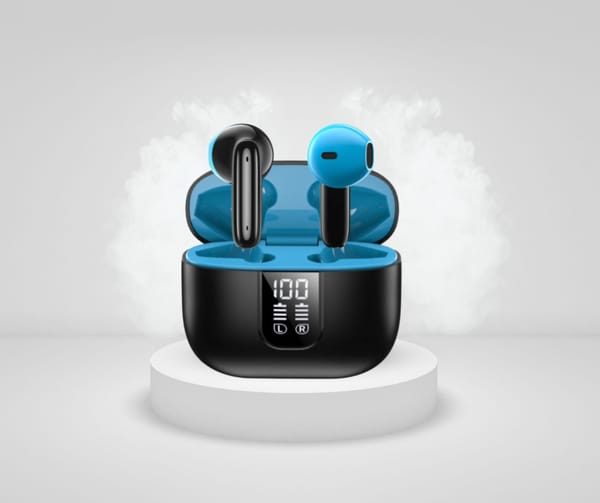We all now know that adequate protein consumption is vital for your health, in this article from Endura we explore why adequate protein consumption is especially important for Triathletes, and how best to consume the protein your body needs.
“Your connective tissue, cell membranes and muscle cells need proteins to function. As endurance athletes, you especially need sufficient protein for muscle growth and repair. Your needs are not only higher than the average couch potato; your needs are comparable to that of a bodybuilder. While bodybuilders are aiming to build muscle, you need to rapidly reverse the natural breakdown of muscle that occurs following a workout. This will help you recover faster and train at greater intensity in your next training session.
How Protein Powers your Active Body
Amino acids are the building blocks of protein. There are two types of amino acids; non-essential and essential. Non-essential amino acids are usually synthesised by your body from the foods you eat each day. The essential amino acids are critical for your health and fitness and must be in the food you eat, and/or in the supplements you take, as your body can’t produce them. Amino acids are required for a myriad of vital key metabolic processes, such as:
- Forming hormones and enzymes
- Contributing to the body’s acid-base balance
- Immune function
- Brain and nervous system health
- Providing energy
Build and Retain Muscle with Branched Chain Amino Acids
As endurance athletes, you need protein to maintain and repair existing muscle mass, minimise exercise induced muscle breakdown, and prevent the signs and symptoms of protein deficiency. BCAA’s are different from other amino acids that make up protein, as they provide powerful fuel for building and repairing your muscle. Animal proteins, such as lean meat and fish, are the richest source of the BCAA’s – valine, leucine and isoleucine. If choosing a protein powder to mix as a recovery drink, whey protein isolate contains all of the essential amino acids and a healthy dose of BCAA’s.
Timing is Everything
Protein may help improve your overall performance and recovery when supplemented pre- and post- exercise. Research has revealed that a mixture of the essential amino acids and carbohydrates taken before endurance exercise effectively stimulates protein synthesis after exercise. Also, by adding protein to your pre-exercise meal, you will have a lowered glycaemic index (GI) of the carbohydrates ingested along with it. This is good news for maintaining more regular blood sugar levels and a regular source of energy during your training.
The 30 minutes post-exercise is the most critical period, as your body is at its optimal state to receive and restore carbohydrates and protein. Muscle and body protein metabolism is a constant balance between protein breakdown and protein rebuilding. During exercise, the balance shifts towards protein breakdown, while during recovery, the balance shifts to protein rebuilding. By consuming protein immediately after exercise, it enhances muscle uptake and retention of amino acids. In fact, recent research suggests that protein works most effectively if taken in the post-exercise window. You know the feeling when you’ve nailed a 1-2 hour training session? Having a juicy steak or fish burger straight away is the last thing on your mind! It’s likely you’re thirsty, so what better way to replenish your protein than with a delicious protein-packed shake. Endura Maintain mixed with some seasonal fruit, is an excellent choice for post-training recovery and repair.
What about Caffine?
Caffeine has been given a hard time in the past. One common misconception is that caffeine causes athletes to become dehydrated due to its diuretic effect. Research suggests that small to moderate doses of caffeine have minimal effects on urine losses or the person’s overall hydration levels. In other words, caffeine has been shown to have no negative consequences on electrolyte balance for athletes.
For optimal strength, power and to ensure you can reach your training goals, a good guideline for pure protein intake as an endurance athlete is approximately 1.5-1.7 g per kg of body weight daily (see Table 1). Keeping in mind that this figure refers to pure protein, not food weight (e.g. 100 g cooked steak contains 30 g pure protein). This figure also varies depending on intensity and duration. Let’s look at a 70 kg triathlete as an example: this athlete will need approximately 112 g of protein daily while in full training season. This equates to about 375 g of cooked chicken or beef (see Table 2). Sometimes eating these quantities of food is difficult, so supplementing with a quality high protein powder such as Endura Maintain is more convenient. Endura Maintain contains 16 g of pure protein per serve.
Table 1: Current recommendations for protein intake based on body weight (kg)
|
Group
|
g/kg
|
Amount for a 70kg person (g)
|
| RDA for adults | 0.8 |
56
|
| Strength-trained athletes, muscle mass maintenance phase | 1.0-1.2 |
70-84
|
| Strength-trained athletes, muscle mass gain phase | 1.5-1.7 |
105-119
|
| Moderate-intensity endurance activity athletes | 1.2 |
84
|
| High-intensity endurance athletes | 1.7 |
112
|
Table 2: Approximate protein content of foods
| Food (cooked) | Weight (g) | Protein (g) |
| Steak | 100 | 30 |
| Chicken | 100 | 30 |
| Fish | 120 | 30 |
| Tofu | 250 | 30 |
Nutrition Matters
Remember your food is your fuel and getting enough nutrients needs to be one of your top priorities. Supplementation is exactly that – supplementary to core nutrition. The following foods contain protein so try incorporating them into your everyday training diet.
- Animal products: beef, lamb, pork, veal, kangaroo, fish, chicken, duck, eggs (try to choose lean meat cuts, locally sourced, free range and hormone free).
- Dairy Products: cheese, milk, yoghurt.
- Vegetarian choices: tofu, tempeh, lentils, chickpeas, broad beans, rice and soy milks & yoghurts.











